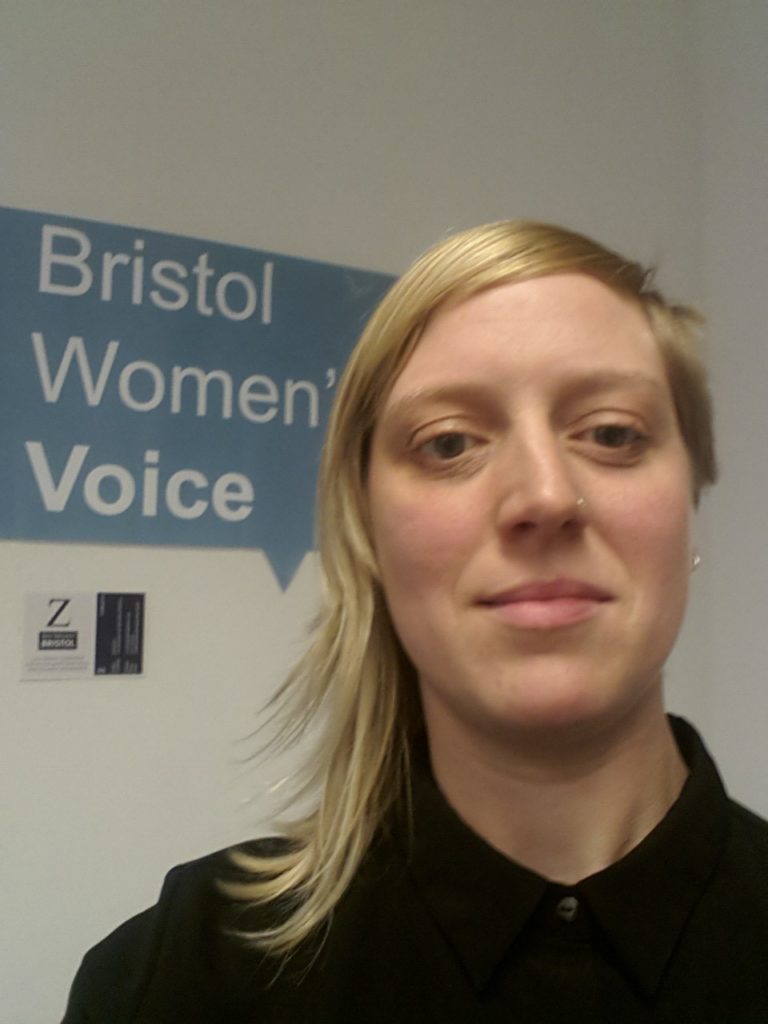Since 2013, cohorts of people from around the world write monthly articles about street harassment and activism efforts in their communities. Read their articles.
Meet the Blog Correspondents of the Second Cohort of 2017
 Yasmin Curzi, Rio de Janeiro, Brazil
Yasmin Curzi, Rio de Janeiro, Brazil
Yasmin is a Research Assistant at the Center for Research on Law and Economics at FGV-Rio. She has a BA in Social Sciences from FGV-Rio and a Master Degree in Social Sciences from PUC-Rio, where she wrote her thesis on street harassment and feminists’ struggles for recognition. She received a second degree in the Law at FGV-Rio. She is interested in studies about social movements in Brazil, theories of justice, feminist constitutionalism and the strategic use of Law by feminists.
 Pritha Khanal, Kathmandu, Nepal
Pritha Khanal, Kathmandu, Nepal
Pritha is doing her Master’s degree in Anthropology and her thesis is on the menstruation practice issues among rural teenagers in Nepal. She received a Bachelor’s degree in Social Work. She works in a non-governmental organization focused on women empowerment. She is passionate about working on and writing about various women’s, and she is also fond of travel writing. Follow her blog www.prithakhanal.com and my Facebook account: @pritha.khanal.
 Astrid Nikijuluw, Serpong, Banten, Indonesia
Astrid Nikijuluw, Serpong, Banten, Indonesia
Astrid received her Bachelors of Business at Queensland University of Technology Brisbane Australia on July 2000. She majored in Banking and Finance. She finished her Masters Degree at Gadjah Mada University Yogyakarta on August 2003 where she majored in Human Resource Development. Although her educational backgrounds are economics and social science, she volunteers with many types of organizations and people. She is really concerned about street harassment and aims to help spread information about it for the benefit of her fellow women so that they can walk on the street in peace. Besides writing, she also enjoys reading her favorite books, swimming, watching movies and playing games. Follow her on Twitter at @AstridNiki or on Facebook.
 Dee Rodriguez, Reading, PA, USA
Dee Rodriguez, Reading, PA, USA
Dee is a volunteer coordinator and domestic violence/sexual assault advocate for a non-profit social services agency. She is currently involved in a project to better serve Latinx women survivors of sexual assault in her community. Dee received a bachelor’s degree in Global Studies with a focus on Latin American Culture from Penn State University. Dee originally hails from New York City and is a proud daughter of immigrant parents from the Dominican Republic. Dee is also particularly interested in the intersection between sexual violence and race as well as how street harassment contributes to rape culture. In her spare time, Dee enjoys cooking, reading, and going for walks. You can follow Dee on Instagram at @missdeerodriguez.

 For the last in my series of blog posts speaking to activists in Bristol and the UK, I spoke to Charlotte Gage, Partnerships Officer at
For the last in my series of blog posts speaking to activists in Bristol and the UK, I spoke to Charlotte Gage, Partnerships Officer at